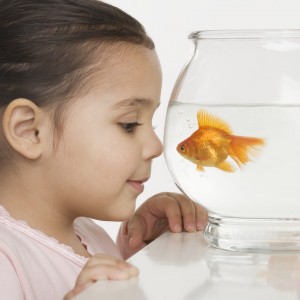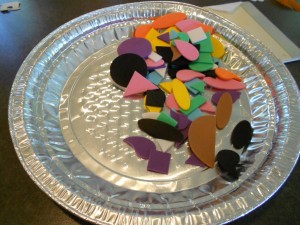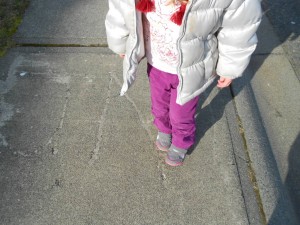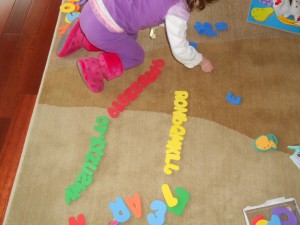Parents and caregivers often ask what young children need to know before kindergarten; this is the 19th in a series of blog posts on kindergarten readiness and early learning basics. No matter the age of your little one, this will give you a general picture of what to do as your child’s very first teacher.
 No, kindergarten readiness isn’t rocket science, but kids should have some basic science before they go to school. Most children will know that leaves grow on trees and that birds have feathers. Kids can tell us that the sun shines during the day and we can see the moon at night. When asked, most kids answer that fish swim in water and birds fly in the air. The names of obvious body parts and parts for the 5 senses are easy for most kids to name.
No, kindergarten readiness isn’t rocket science, but kids should have some basic science before they go to school. Most children will know that leaves grow on trees and that birds have feathers. Kids can tell us that the sun shines during the day and we can see the moon at night. When asked, most kids answer that fish swim in water and birds fly in the air. The names of obvious body parts and parts for the 5 senses are easy for most kids to name.
This information seems so general, that you may wonder why it would be included. If a child does not have this basic science knowledge, it may indicate a lack of experience or learning challenge and should be checked.
How do children learn early science? Often, by asking questions that seem to be endless, especially ones that start with why. Also, by observing and exploring the world around them. As kids turn over rocks, tap on the ground with sticks, and jump in piles of leaves, they are learning and developing their understanding of themselves and nature.This time of year, are there some seasonal changes to notice? What are the plants doing? What’s the weather like where your family lives? Over the weekend, if possible can you include some time for your child to question, observe, discover and wonder about science?



